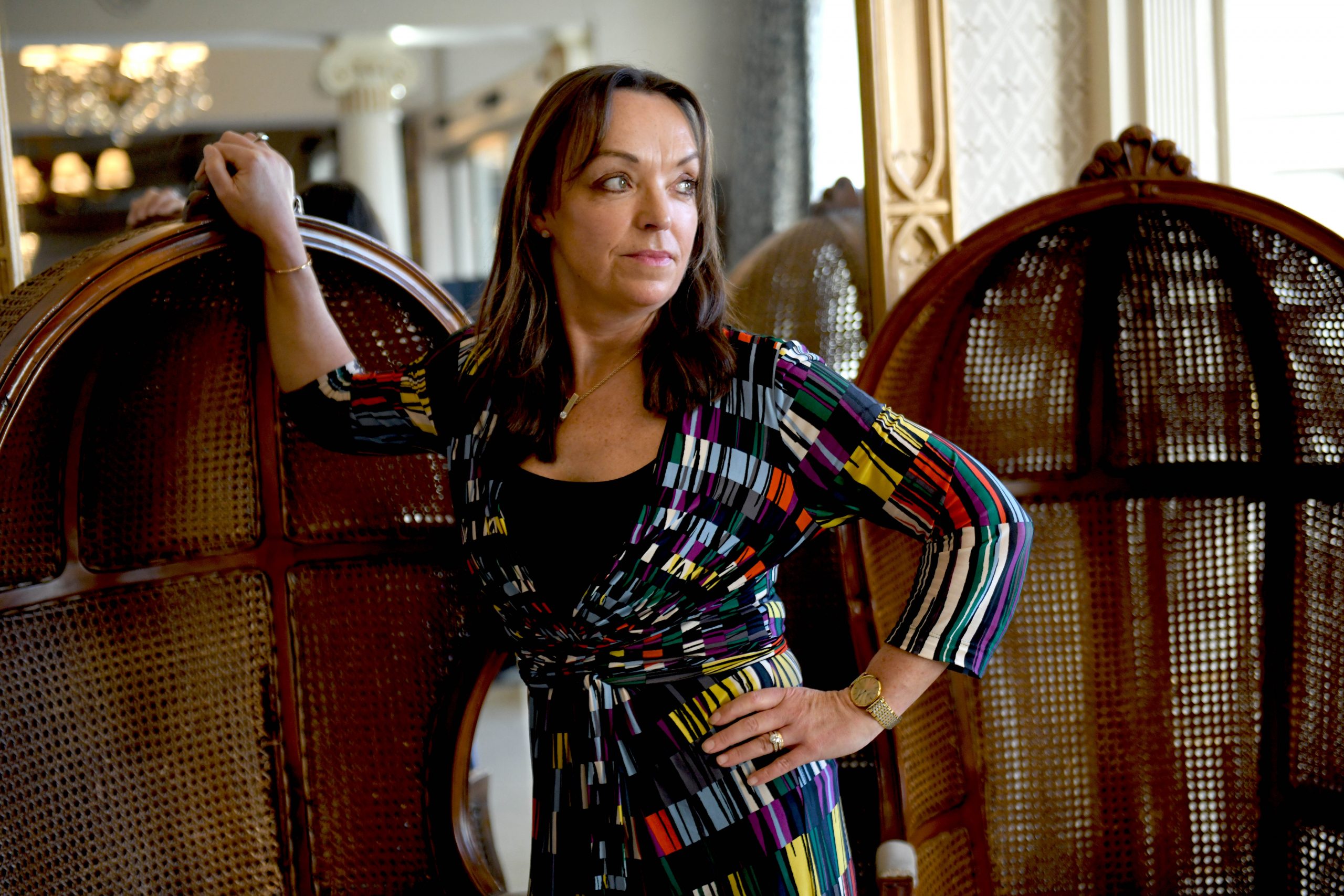It was an early afternoon in September when the phones stopped ringing. An employee of Sunway Travel had shouted out for someone to turn on a radio and in unprecedented silence the staff gathered around to listen to the world change. Without a television or a phone, the description of one plane and then another flying into two towers across the Atlantic Ocean, was relayed to a small office in Blackrock in south Dublin over a radio on September 11, 2001. The front window of the office, facing onto the village main street, were full of familiar advertisements for beach…
Cancel at any time. Are you already a member? Log in here.
Want to read the full story?
Unlock this article – and everything else on The Currency – with an annual membership and receive a free Samsonite Upscape suitcase, retailing at €235, delivered to your door.

